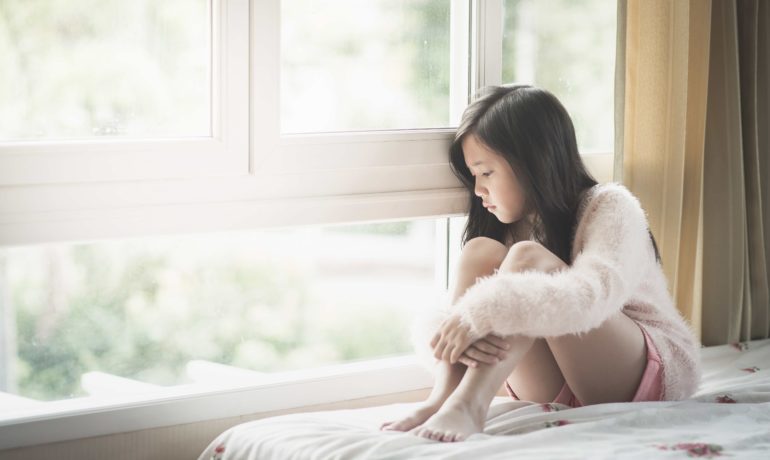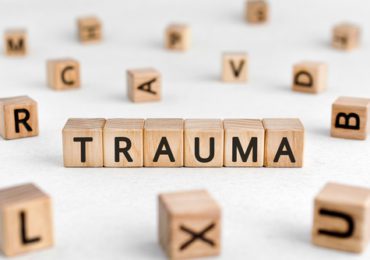As psychologists, we constantly get asked questions about the rising mental health needs of children, adolescents, and young adults nowadays. However, these questions really started to increase in frequency in the past two years.
All children and adults can feel sad, anxious, irritable, or aggressive at times. These feelings are ALL normal to a certain extent and may be part of typical developmental. However, when these symptoms begin to interfere with everyday life, they may indicate a more serious mental health problem in some children.
Did COVID really increase child mental health concerns?
Prior to COVID-19, according to the Centers for Disease Control and Prevention (CDC), 1 in 5 children had a mental disorder, but only about 20% of those children were receiving the care they needed from a mental health provider.
We saw a few children thrive during COVID. Some of the children we work with loved remote learning opportunities. Some of our teens that had insomnia were finally sleeping longer because they no longer had to wake up early to catch the bus. Others that had social anxiety or were the victim of teasing/bullying at school had their problems all of a sudden solved.
However, as referral rates have showed us, most children, adolescents, and young adults had difficulties that resulted from the pandemic. Anxiety in some children was magnified and exacerbated by recurrent fears of being infected with COVID-19. We saw increase in referrals for depression given the extreme social isolation that youth faced. Many families lost a loved one or close acquaintance due to COVID. Family members were also all at home together with different stressors and remote learning, and as a result, we saw a rise in family conflict.
In the past two years of the pandemic, we are seeing mental health crises on the rise. From March to October 2020, mental health–related emergency department visits increased 24% for children ages 5 to 11 and 31% for those ages 12 to 17 compared with 2019 emergency department visits, according to CDC data. In a 2020 survey of 1000 parents across the country conducted by the Anne & Robert H. Lurie Children’s Hospital of Chicago, 71% or parents reported that the pandemic took a toll on children’s mental health and 69% said the pandemic was the worst thing that happened to their child.
What should we do and why should we care?
Both physical and mental health affect how we think, feel, and act. Our children are our future, and we need to address this mental health crisis. First, us psychologists need to increase access to care. More of us need to be embedded in schools and primary care clinics that are gatekeepers to mental health services. We need to be writing more of these blogs that inform and educate parents about the rise we are seeing in mental health challenges, especially post-COVID.
If you feel like you don’t have the right terminology to discuss mental health with your children, you can resort to fun educational videos and examples on what mental health is for children. Education is key! Below is a fun clip explaining mental health with a great and relatable example for children/teens:






